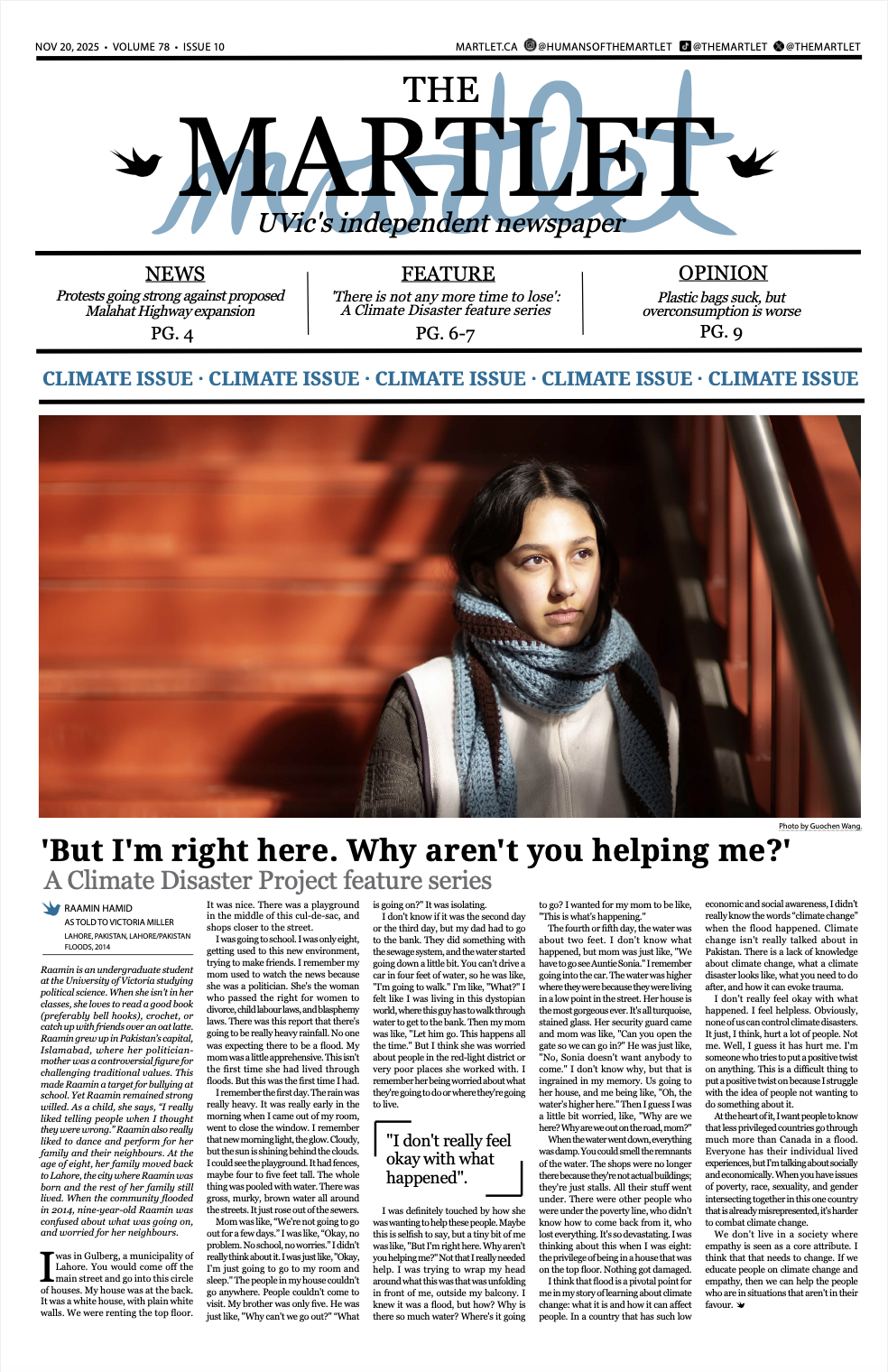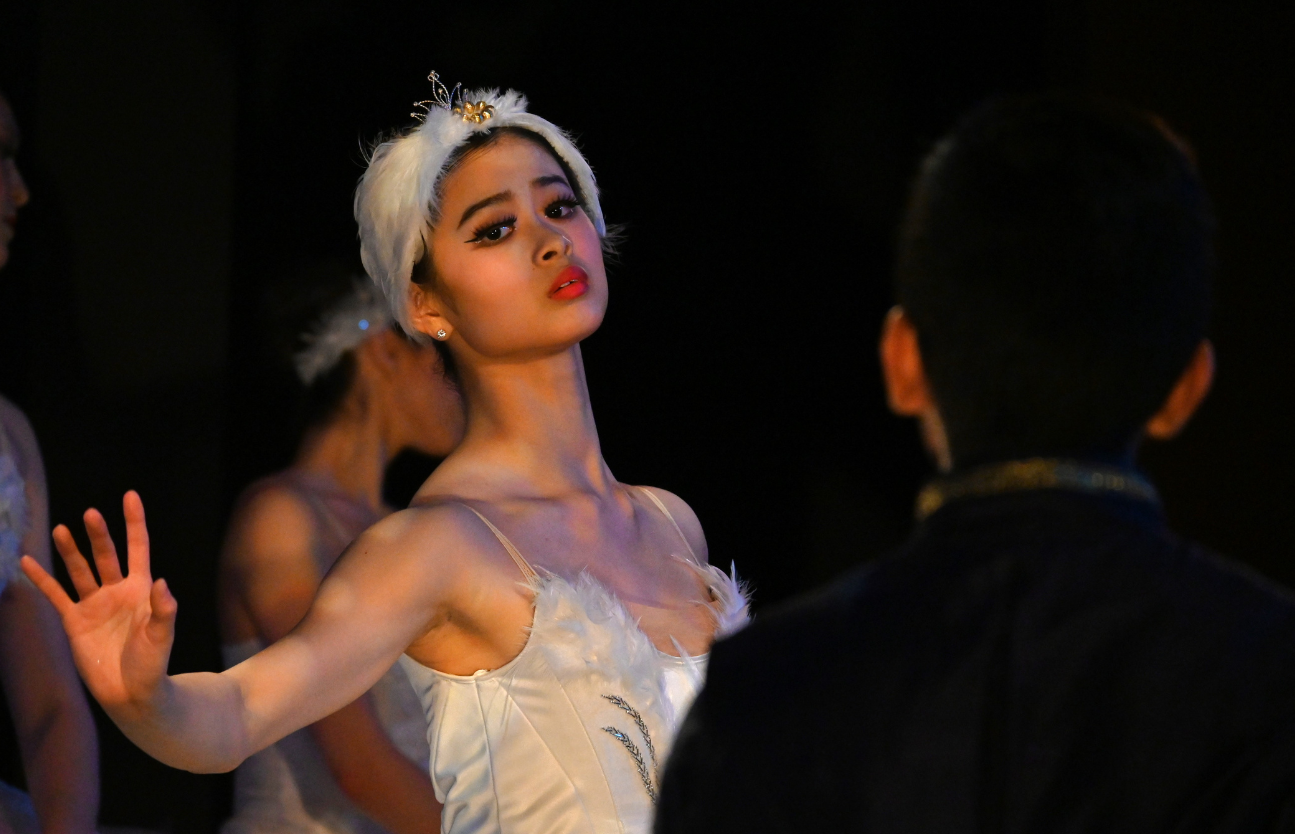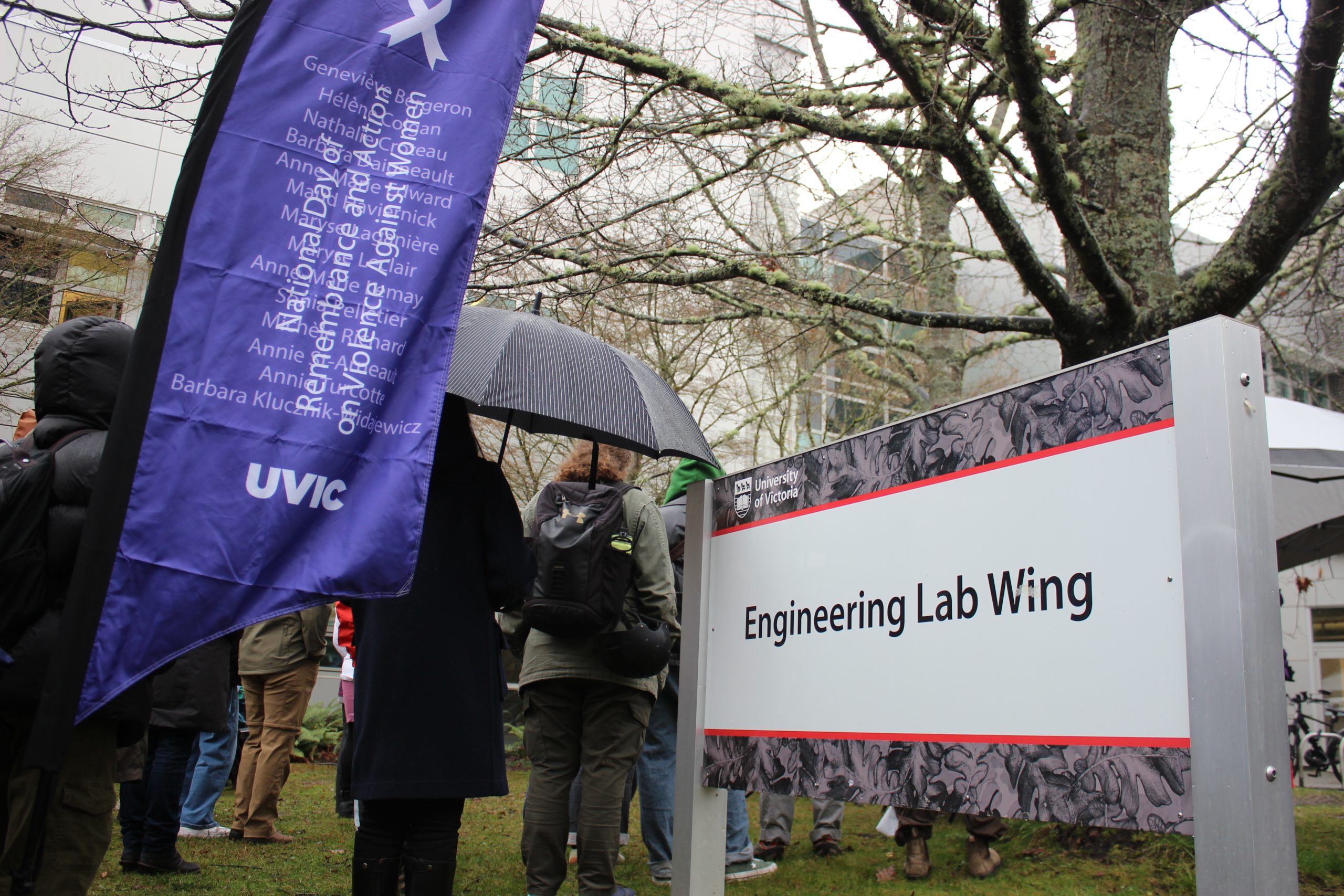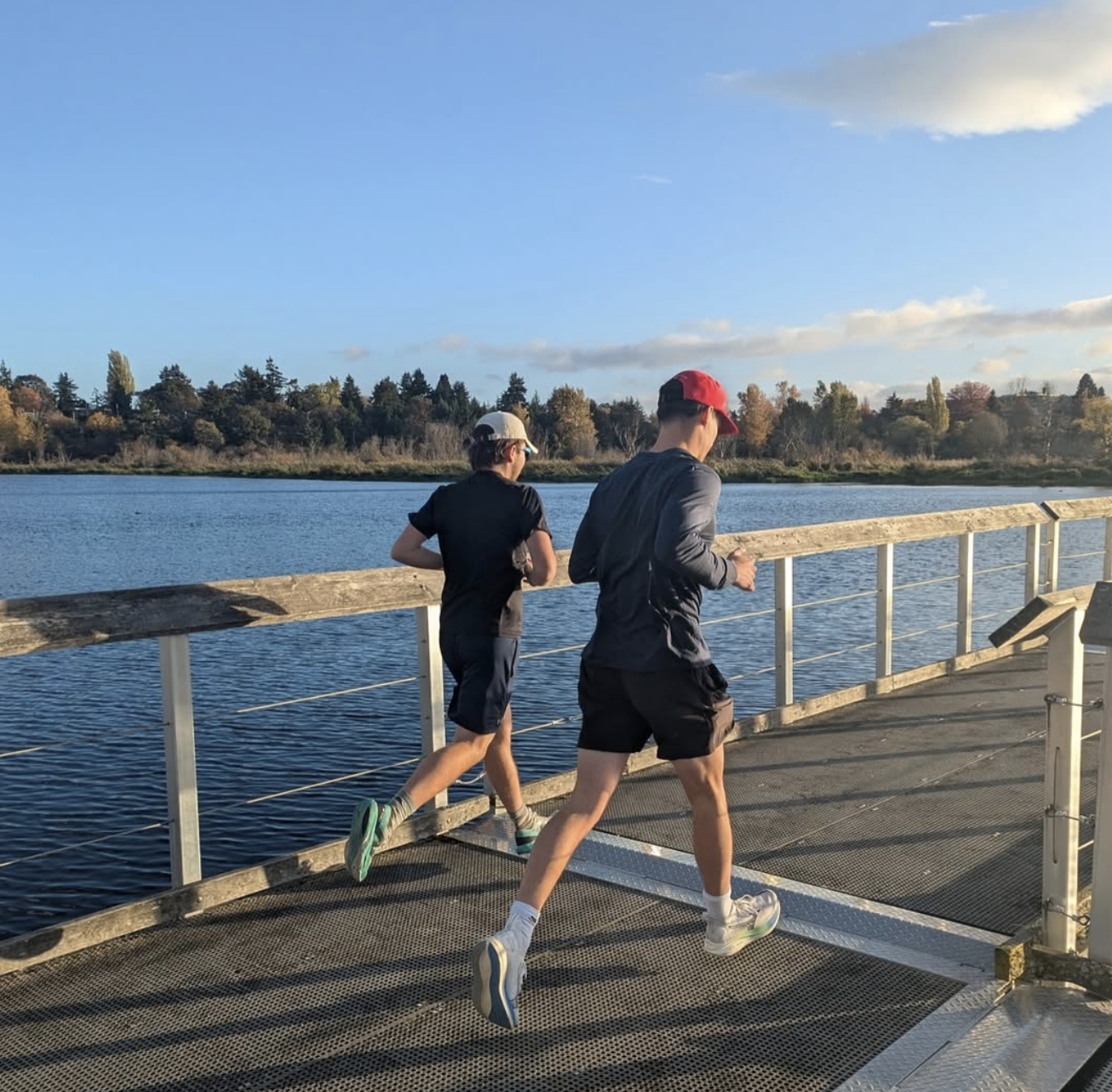In a landscape marred by massive cuts to science funding, the Hakai Institute on British Columbia’s Central Coast represents an alternative paradigm in research funding. For UVic ethnobotanist Dr. Nancy Turner, “it’s like a dream come true.”
The Hakai Institute is a privately funded research institute founded in 2009 by the Tula Foundation, a B.C.-based foundation created and funded by Dr. Eric Peterson and Christina Munck. The Institute is a research and teaching organization that aspires to produce high-quality Long Term Ecological Research (LTER) in the region located between the northern tip of Vancouver Island and the southern tip of Haida Gwaii. The Institute’s field station on Calvert Island lies at the center of the region.
The Hakai Institute goes against the current in terms of the research it funds. The demands of an academic career (known colloquially as “publish or perish”) drive many scholars to pursue short-term research, while funding dependencies often limit the longevity of longer term projects. Competition between scientists for ever-scarcer research grants stifles collaboration, while industry increasingly directs the research that is funded.
The Hakai Institute stands in opposition to such trends, assembling multidisciplinary research teams to address long-term research projects rooted deeply in place. Perhaps most compelling of all, it is science directed by scientists. While Peterson and Munck (both scientists) have set the parameters for the research they support, Turner reports that “everything is more or less done by consultation and it’s very collaborative and there’s no competition at all.”
The stable source of funding provides an ideal environment for conducting ecological research that is committed to the long term. When asked if the research would be possible without the support of the Tula Foundation, Dr. Turner noted: “The research that’s going on there is definitely much richer and more dense than could be done without that funding. They’ve just supported the research in a whole lot of different ways, by providing equipment and a base for people to live in while they do research on the central coast.”
They have also supported research and teaching in B.C. through the support of more than 50 postdoctoral fellowships and dozens of postgraduate fellowships, in addition to creating 11 faculty positions and 3 research chairs—including Dr. Turner’s 5-year appointment as Hakai Chair in Ethnoecology. Furthermore, as Dr. Turner said with delight, “Just about every school child on the central coast has been to the Hakai [Institute] as a biology learning experience.”
While the funding provided through the Tula Foundation should not be undervalued, Dr. Turner hinted at another key ingredient to the success of the Hakai Institute: community. The Institute collaborates with the local Heiltsuk Nation, hiring “local people to run the boats and supports people being interviewed and doing transcripts.” The Institute also fosters deep integration of those scientists—including Peterson himself—jointly tackling complex research projects .
Not simply a disinterested financier of the research, Turner noted that Peterson has “been involved in the planning of [the research] right along.” As well, he “was at the original meetings and he’s there when people come and go and do the sampling and the research,” Turner said. As for Munck, not only is she a biologist involved in the operation of the Institute, Turner reports, she “is also a wonderful artist.”
By providing both the funds for scientists to pursue their research, and the deep sense of community from which to engage in that research, it is not surprising that Turner suggests “it has really been just wonderful for all of us.”








